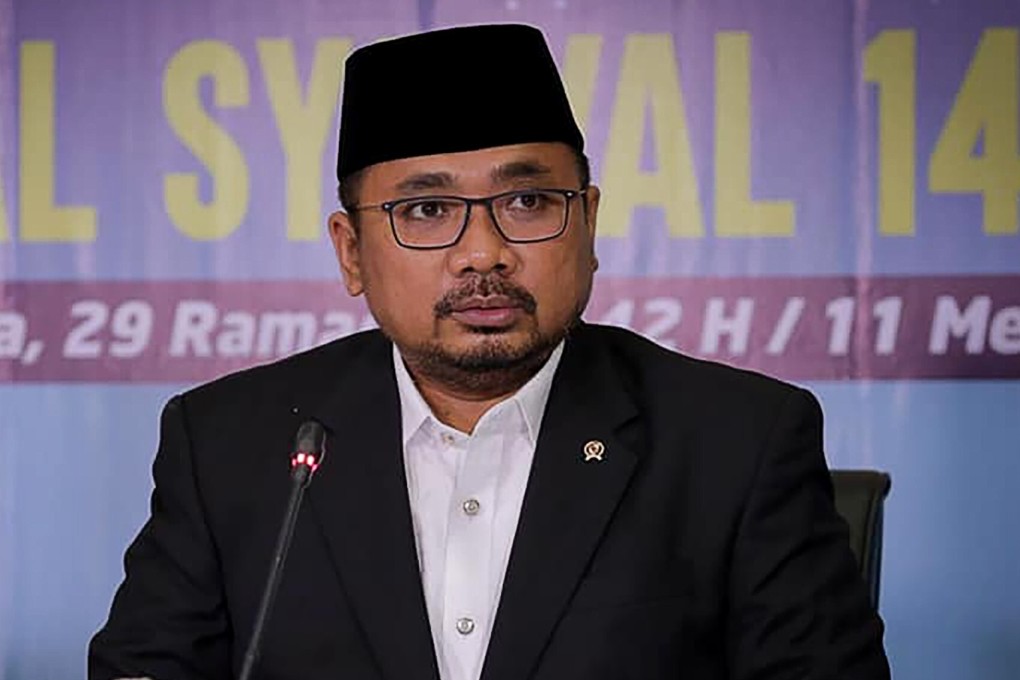Eight in 10 young Indonesians risk being radicalised online. One man is leading the battle for their hearts and minds
- Conservative ideology is on the rise in the world’s most populous Muslim nation, with social media described as an incubator for extremism
- But analysts say Yaqut Cholil Qoumas, Indonesia’s ‘most pluralistic religious affairs minister’, is well positioned to face the current challenges

It’s not just, as analysts point out, that the Covid-19 pandemic has exacerbated extremism online and offline. Yaqut is six months into his position at the helm of the ministry at a time conservative and hardline ideologies have permeated government schools and institutions of higher learning, the civil service, as well as political and social life.
In the world’s most populous Muslim nation – where most of the 270.6 million people are moderate when it comes to matters of faith – the religious affairs minister is seen by analysts as vital in balancing Indonesia’s social and religious complexities to maintain peace and harmony.
In an interview with This Week In Asia, Yaqut, 46, warned that intolerance and extremist teachings “are particularly targeting the young generation” through digital channels.